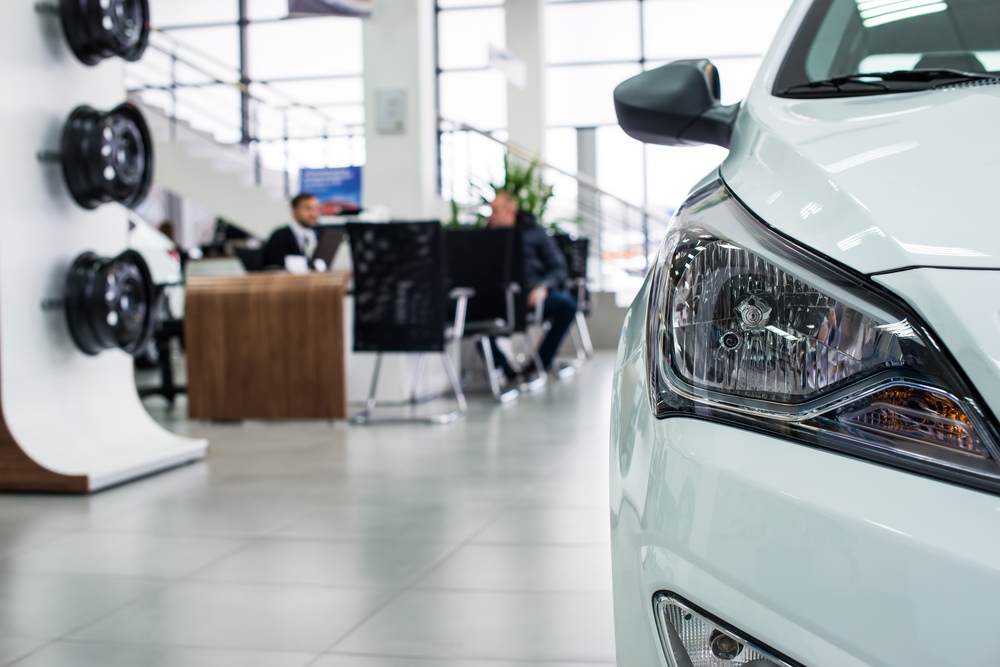Insurance
New car sales hit 30-year low

Guest Author:
Emma LunnFigures from the Society of Motor Manufacturers and Traders (SMMT) show that Brits bought the lowest number of new cars in 2022 than any year since 1992.
About 1.61 million new cars were sold in 2022. The SMMT blamed the “subdued” market for new vehicles on the post-pandemic chip shortage.
On the plus side, the market has seen improvement in the past five months with the new car sector poised to deliver growth worth £8.4bn during 2023.
But this second half year performance was not enough to offset the declines recorded during the first half of 2022. Despite underlying demand, pandemic-related global parts shortages saw overall registrations for the year fall 2% to 1.61 million, around 700,000 units below pre-Covid levels.
December saw battery electric vehicles (BEVs) claim their largest ever monthly market share, of 32.9%, while for 2022 as a whole they comprised 16.6% of registrations, surpassing diesel for the first time to become the second most popular type of car after petrol.
Meanwhile, plug-in hybrids (PHEVs) saw their annual share decline to 6.3%, but once combined, all plug-in vehicles accounted for 22.9% of new registrations in 2022 – a record high.

Wellness and wellbeing holidays: Travel insurance is essential for your peace of mind
Out of the pandemic lockdowns, there’s a greater emphasis on wellbeing and wellness, with
Sponsored by Post Office
Chargepoint provision remains a barrier to electric vehicle uptake. The government’s EV Infrastructure Strategy forecast that the UK would require between 300,000 and 720,000 chargepoints by 2030. Meeting just the lower number would still require more than 100 new chargers to be installed every single day. The current rate is around 23 per day.
‘Significant growth’ forecast for 2023
Mike Hawes, SMMT chief executive, said, “The automotive market remains adrift of its pre-pandemic performance but could well buck wider economic trends by delivering significant growth in 2023.
“To secure that growth – which is increasingly zero emission growth – government must help all drivers go electric and compel others to invest more rapidly in nationwide charging infrastructure.
“Manufacturers’ innovation and commitment have helped EVs become the second most popular car type. However, for a nation aiming for electric mobility leadership, that must be matched with policies and investment that remove consumer uncertainty over switching, not least over where drivers can charge their vehicles.”
Lisa Watson, director of sales at Close Brothers Motor Finance, said: “Whilst still behind pre-pandemic levels, the number of new car registrations over recent months has seen steady year-on-year growth, with new registrations showing market improvement over the last five months and significant growth poised for 2023.
“Crucially, such data indicates the problematic gap between consumer demand and manufacturing rates experienced over recent years is gradually becoming narrower. Looking forward into 2023, vehicle suppliers should be better equipped to manage disruption and resource issues, which will help to alleviate the existing backlog of orders.”